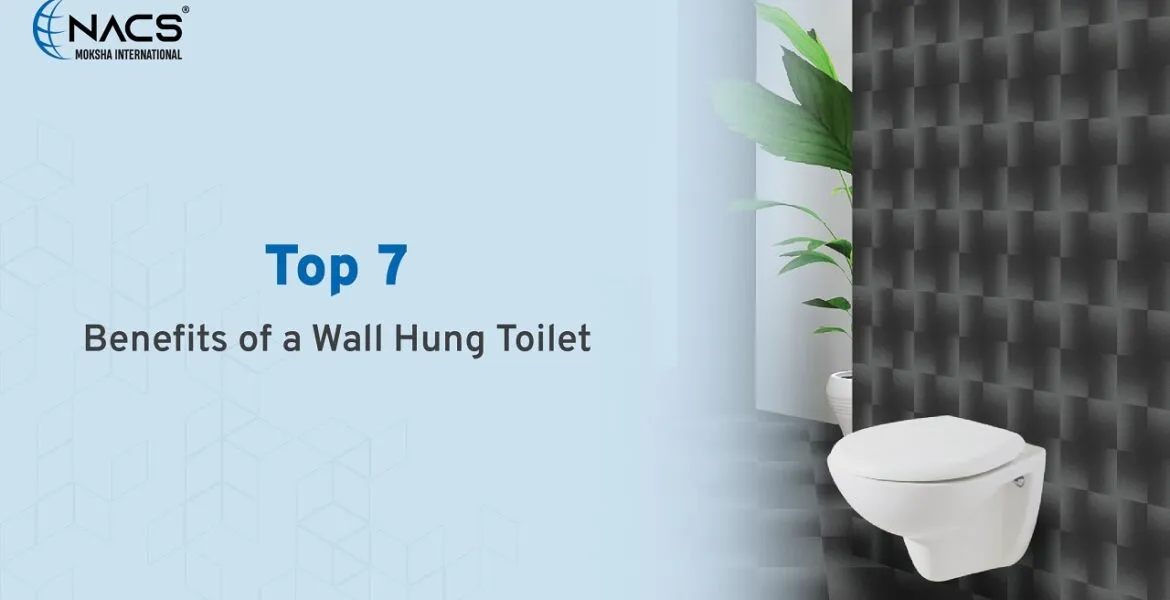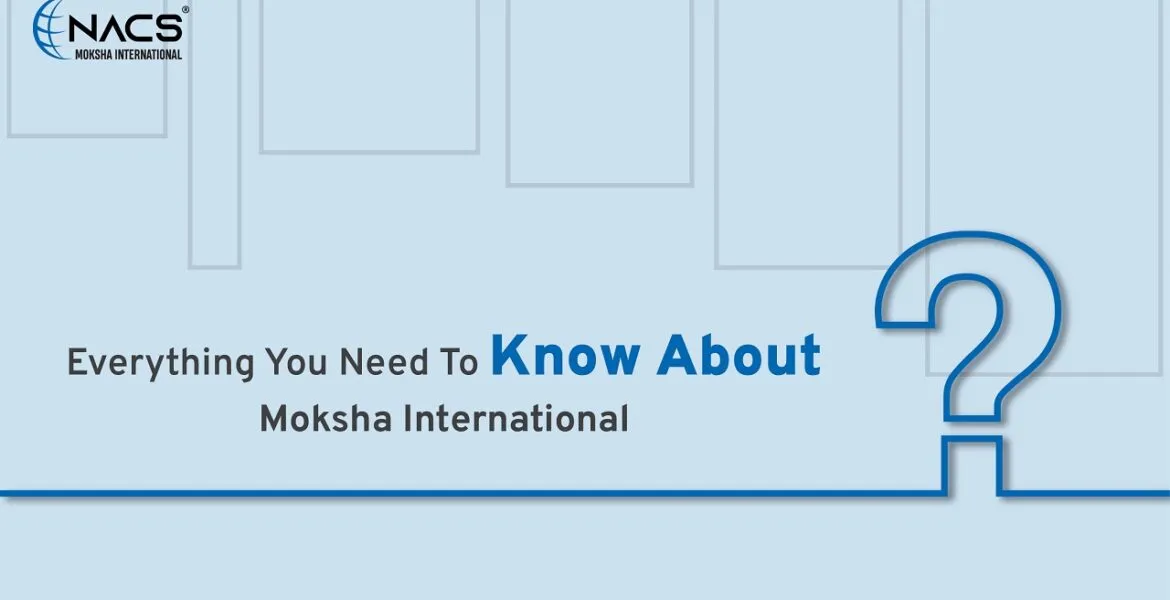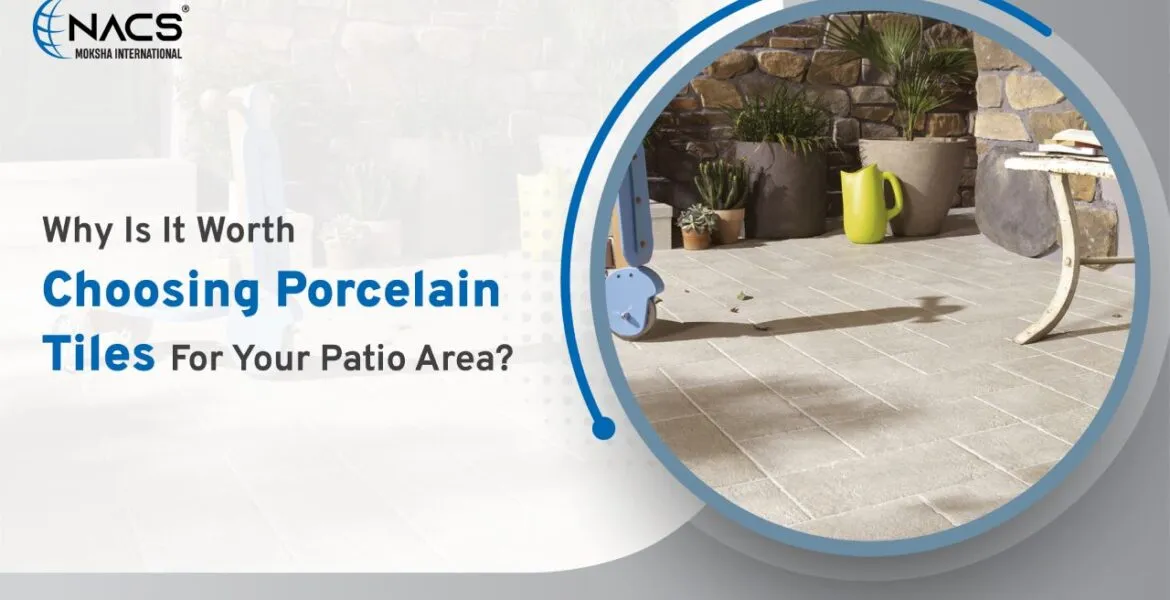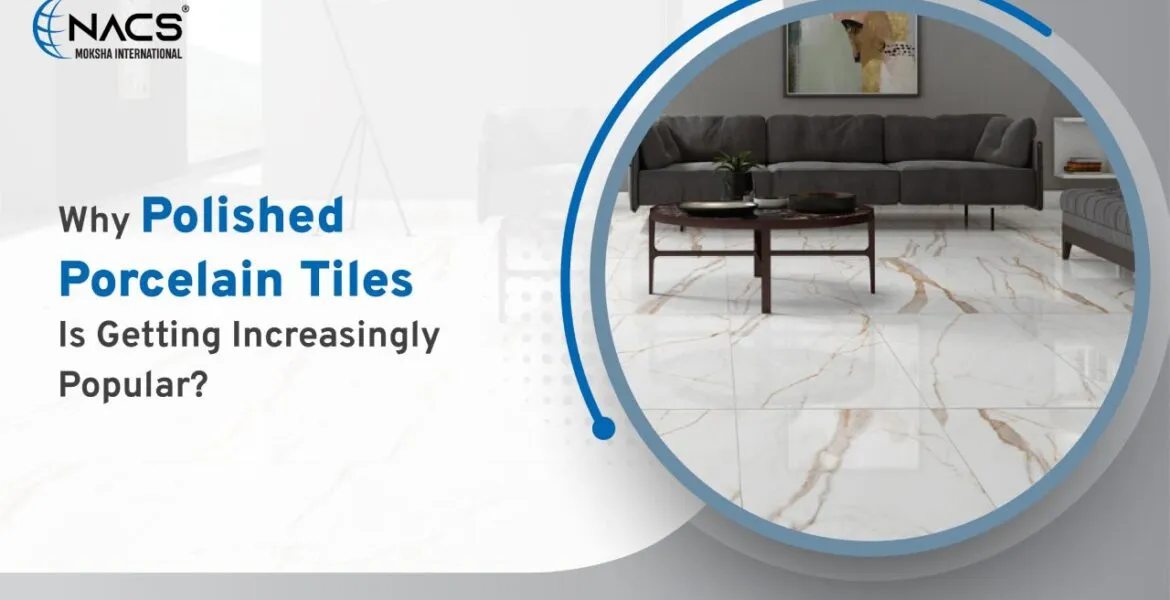
Guatemala's tile market is quickly changing. It is largely driven by growth in construction, design styles, and trade shifts. India is one of the largest tile producers and exporters, and it has become an important sourcing market for Guatemalan importers. Several market dynamics will change the way tiles are sold, selected, and supplied by 2026.
This article analyzes major trends affecting Guatemala's tile importers sourcing products from India in 2026. It focuses on the specific opportunities and challenges ahead.
How 2026 Market Trends Are Shaping Tile Imports from India to Guatemala
Market trends in 2026 are directly influencing how tiles from India reach Guatemala. Shifts in demand, pricing, and trade policies are shaping import strategies, helping businesses optimize costs and stay competitive in the evolving market.
1. Growing Construction and Urbanization
Guatemala's construction industry is growing, and housing demand, along with different infrastructure investments, is contributing to the growth. By 2026, metropolitan areas like Guatemala City and Quetzaltenango will expect a speed of construction, along with a demand for tiles that are strong and versatile in design.
Indian exporters offer both cost-effective ceramic tiles and premium vitrified tiles. This allows them to serve all market levels effectively.
2. Global Design Trends Driving Demand
Guatemalan consumers are increasingly influenced by international design styles. Expected 2026 trends include the following:
- Large-format tiles for sleek and seamless spaces.
- Eco-friendly finishes with sustainable manufacturing processes.
- Natural stone replicas offering marble and granite look at much lower costs.
- Matte and textured surfaces for the safety and contemporary appeal.
Indian manufacturers are aligning with these preferences, ensuring Guatemalan importers have access to the globally competitive designs.
3. Freight and Logistics Optimization
These tiles are heavy and fragile, making freight rates a serious issue. In 2026, Guatemalan importers will place a premium on suppliers that can optimize packages and logistics.
Indian exporters are investing in enhanced handling systems and building closer relationships with the carrier, which will be beneficial for importers, reducing the costs and risks.
4. Digital Trade and Virtual Showrooms
Digital technology will define tile sourcing's future. By 2026, Guatemalan importers will efficiently use online catalogs, a virtual reality design preview, and AI-based recommendations for tile procurement.
Companies like NACS are already leveraging online tiled access as a way to make the market more accessible to tile suppliers in India, limiting the dependence on traditional transportation intermediaries and speeding up decision making.
5. Trade Policies and Bilateral Agreements
International trade policies will continue to significantly affect import competitiveness. Lower tariffs, improved port infrastructure, and greater India–Guatemala trade relations will strongly influence sourcing tile. Importers need to be aware of any policy changes to support pricing and sourcing decisions through the supply chain.
6. Sustainability and Certifications
Eco-friendly consumers and builders alike are now demanding sustainable products. By 2026, there will be greater demand for tiles with wide-level certifications such as ISO, GreenPro, or eco-labels.
Indian tile producers are addressing this demand for sustainable products by investing in solar manufacturing, water recycling, and energy efficient kilns, trends that are also likely to be the key to competitive success for Guatemalan businesses
7. Pricing and Competitive Pressures
Cost remains a top issue for the housing market in Guatemala. India offers tile products at a competitive price, though importers will continue to face competition from China, Spain, and Brazil.
More importantly is the balance between price, quality of tile product, and variety helps India to be a key reliable sourcing location for Guatemalan importers.
8. Technological Innovation in Tile Manufacturing
Advancements in tile manufacturing technology in India will affect Guatemala’s import market significantly by 2026. Automated production lines, precision cutting, and digital printing enable Indian exporters to sell tiles with consistently high quality, elaborate designs, and larger sizes, and still offer them at competitive prices.
For Guatemalan importers, developing relationships with technologically advanced Indian manufacturers could reduce product failures, shorten turnaround time, and allow access to designs that are fresh and modern, with flexible options that accommodate new construction and interior design trends. Having the foresight to stay ahead of these changes will be vital for importers to sustain and have a competitive advantage.
Conclusion
In the year 2026 and beyond, the market in which the tile importers in Guatemala will be heavily impacted by the effects. The effects can be of urbanization, design innovation, improved logistics, and demands for sustainability. Suppliers from India will continue to be important partners, helping to deliver a range of affordable and appealing solutions.
NACS International, as an Indian porcelain tile exporter, is essential in aligning with Guatemalan buyers, establishing more viable trade pathways, and ensuring reliable long-term sourcing options. For importers in Guatemala, the best practices for success will be utilizing the digital trade tools, prioritizing sustainability in sourcing, and remaining committed to established practices. They are trusted partners in India, all of which will create a better competitive advantage in the market.
👉 Contact us today to simplify your tile imports from India and gain a dependable partner who understands both markets — helping you stay competitive, compliant, and ahead of market trends.






